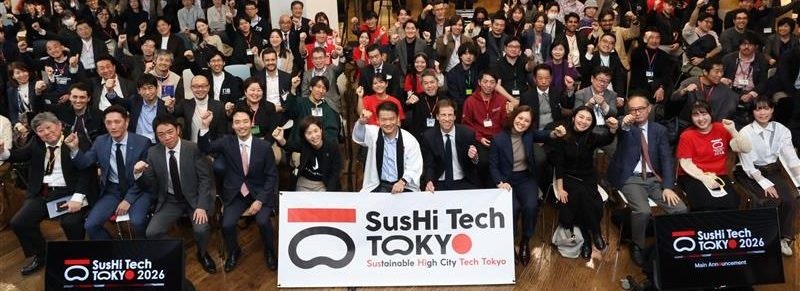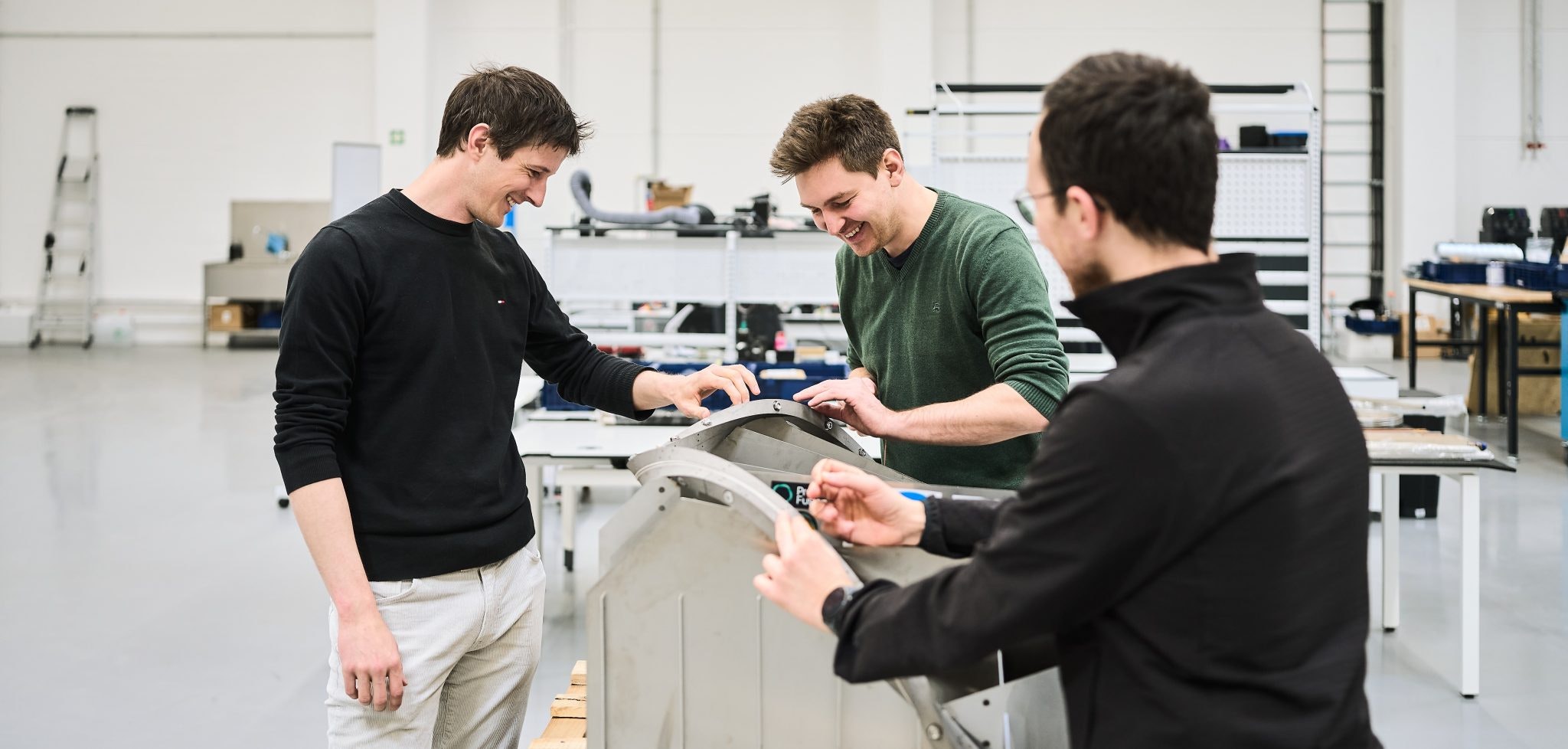Consumer brands often target women. Yet the VCs investing in those brands are men — who probably don’t understand them that well.
That's the slightly bold investment thesis that’s guiding Iris Ventures, a new Barcelona-based firm that’s just announced a €100m fund to invest in European consumer brands.
The fund is a product of a partnership between private equity firm Altamar, who raised the capital and are the fund managers, and the Iris Ventures team who will give investment direction to the fund.
“If you look at the categories that we bet on — that's health, wellness, beauty, education — the majority of end consumers in these categories are women,” says Montse Suarez, founder and managing partner at Iris.
A lot of tech investors tend to say, ‘Oh, but retail is dead.’ And you know what? Retail is not dead, boring retail is dead
“As you know, there are not that many women in this business [tech investment]. And therefore, some of the investors do not understand the solutions that they're bringing to the market. Therefore, there is a mismatch, let's say, between supply and demand.”
It’s an interesting proposition at a time when European startups selling to big enterprises have outstripped consumer-facing businesses in terms of company growth. Last year, the number of VC-backed enterprise unicorns outstripped consumer unicorns for the first time ever, with 54 enterprise and 53 consumer — a gap that’s grown to 106 enterprise unicorns to 87 consumer unicorns this year, according to Atomico’s State of European Tech report.
Suarez adds that 40% of the companies in Iris’s investment pipeline feature a woman in the founding team. Considering that female founders have attracted less than 2% of VC money in Europe in the last four years, Iris appears to have made a good start at trying to identify women-led brands that haven’t been getting due attention.
“Being women, we see details that others don't see. We ask questions as well that others don't ask. And perhaps we care about elements that my competitors don't care so much about,” she adds.
The death of retail?
Suarez also believes that Iris will solve another problem facing founders of consumer brands: an outdated investor mindset surrounding direct-to-consumer business models.
“If you analyse the market, what you find is on one side tech investors that understand technology, and on the other side you find less up-to-date consumer funds that have not evolved to really understand the modern consumer. We are able to speak the two languages,” she says. “A lot of tech investors tend to say, ‘Oh, but retail is dead.’ And you know what? Retail is not dead, boring retail is dead.”
Suarez brings considerable consumer investment experience to Iris, having previously founded Vaultier7, a consumer-focussed private equity firm that’s backed success stories like French fashion unicorn Vestiaire Collective.
For her, one of the most important ingredients for a successful modern consumer brand is community.
“It’s about culture-defining brands. Brands that come out of the community and still have a very well-defined community. That mixed with an innovative product, combined with a point of view and a story to tell, those brands don’t come along every day.”
Private equity muscling in
Iris Fund will be investing with ticket sizes of up to €10m, but Suarez is clear that earlier-stage companies will also be considered. The fact that the fund is ultimately managed by Madrid-based Altamar shows that private equity firms are starting to eye opportunities in backing younger startups (“They are opening a new line of business,” says Suarez).
And given that Altamar has just two women among its team of 16 managing partners, it’s easy to imagine why bringing in some expert advice was attractive. And if the partnership is a sign of things to come, and private equity firms continue to raise venture funds, that could mean even more money flowing into the bank accounts of Europe’s startups.



